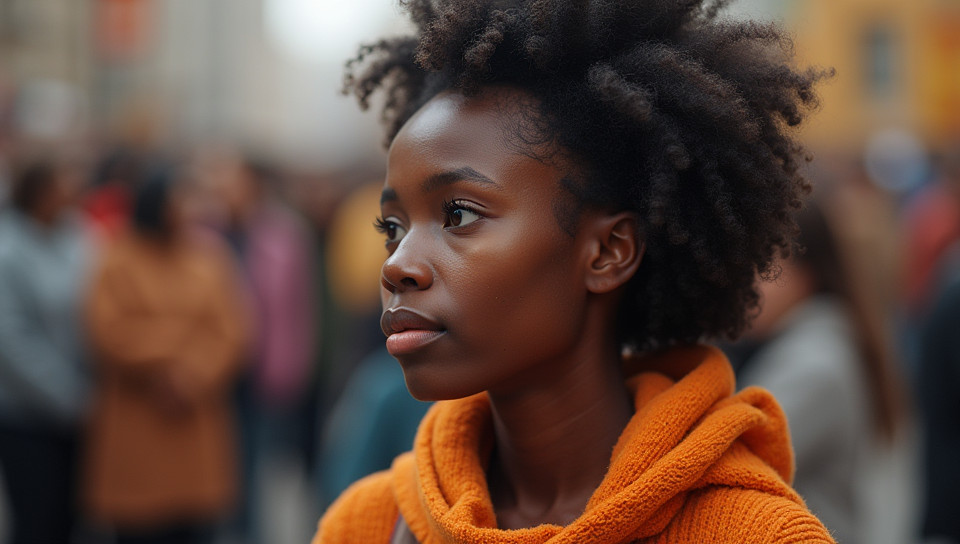People of color face barriers to basic rights 82%

The Unseen Struggle: People of Color Face Barriers to Basic Rights
In a society that prides itself on being equal and just, it's shocking to realize that people of color still face numerous barriers to basic rights. From voting to healthcare, education to employment, the systemic injustices faced by marginalized communities are a stark reminder of how far we still have to go.
The Voting Rights Struggle
The right to vote is fundamental in a democracy, yet people of color continue to face significant obstacles when exercising this right. In many states, voter ID laws and restrictions on voting hours disproportionately affect minority communities, making it harder for them to cast their ballots. This is particularly concerning given the history of voter suppression tactics used against African Americans in the United States.
- Lack of access to transportation or identification documents
- Restrictions on early voting and absentee ballot applications
- Polling place closures in predominantly minority neighborhoods
Health Disparities and Inequitable Access to Care
People of color are more likely to experience health disparities than their white counterparts. This is due in part to systemic barriers to healthcare, including:
- Limited access to quality medical facilities and providers
- Language barriers that prevent individuals from receiving proper care
- Higher rates of poverty and unemployment, which exacerbate existing health conditions
Unequal Education Opportunities
Education is a cornerstone of success in today's economy, yet marginalized communities often face significant obstacles when it comes to accessing quality educational resources. Some of these challenges include:
- Overcrowding and underfunding of schools in minority neighborhoods
- Limited access to advanced courses and extracurricular activities
- Teacher shortages in subjects critical to college preparation
Employment Disparities and the Wage Gap
People of color continue to face significant employment disparities, including lower wages and reduced job opportunities. This is due in part to systemic biases in hiring practices, as well as a lack of access to education and training programs.
- Lower starting salaries and slower wage growth
- Limited career advancement opportunities
- Higher rates of unemployment and underemployment
Conclusion
The struggle for basic rights faced by people of color is a complex and multifaceted issue. While progress has been made, much work remains to be done to ensure equal access to voting, healthcare, education, and employment opportunities. By acknowledging these systemic injustices and working towards meaningful reform, we can create a more just and equitable society for all.
- Created by: Hanna Zieliński
- Created at: Sept. 11, 2024, 10:49 p.m.
- ID: 9227






